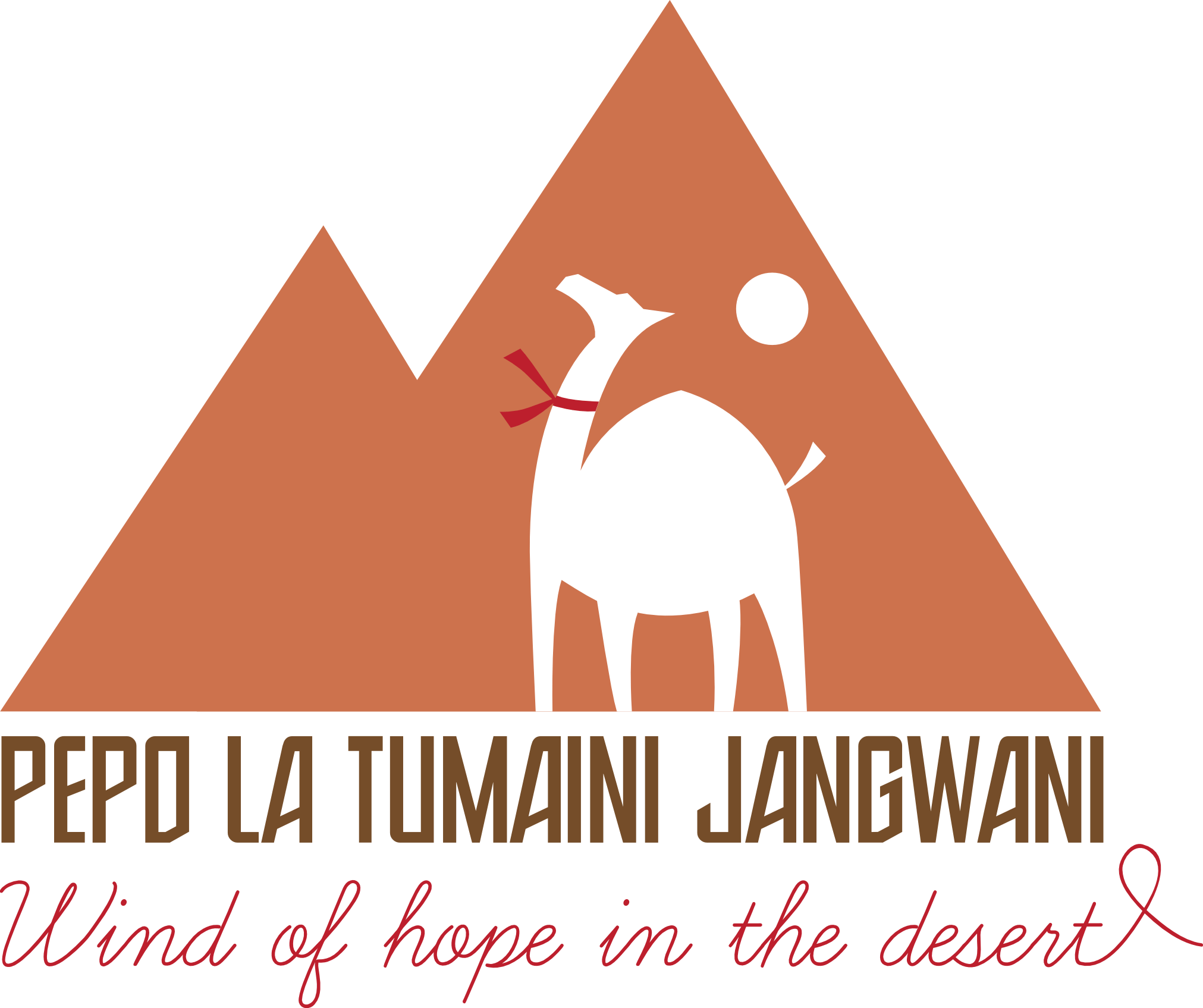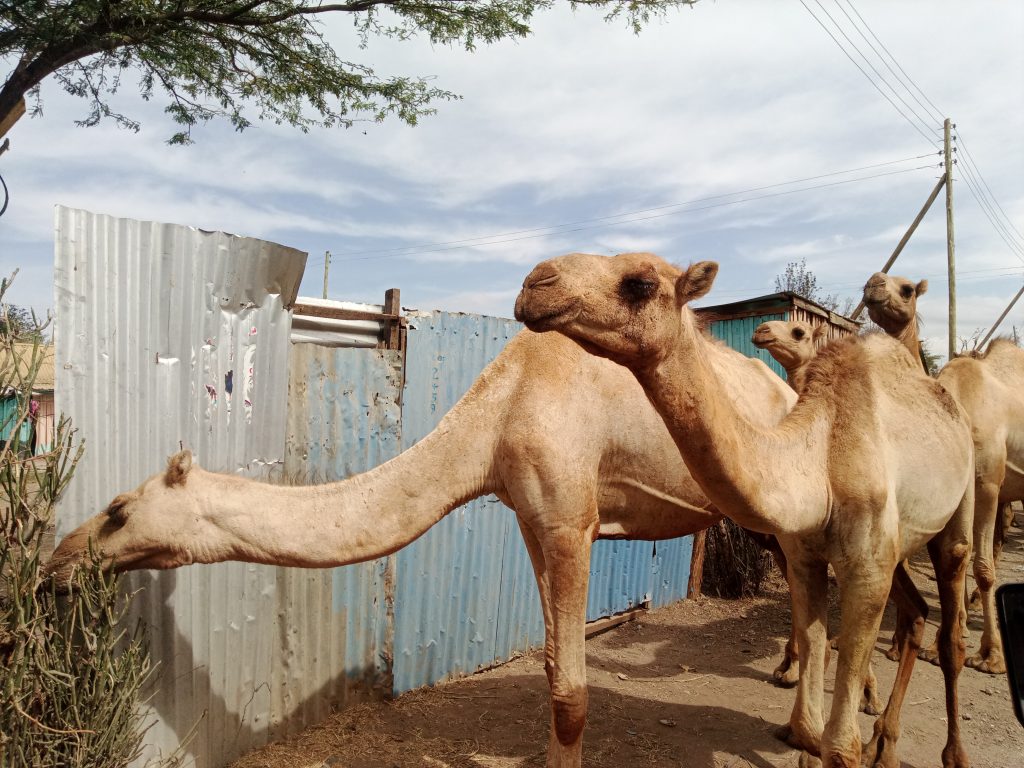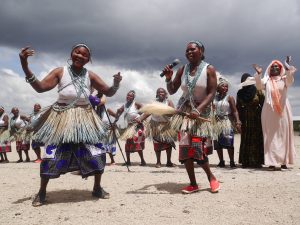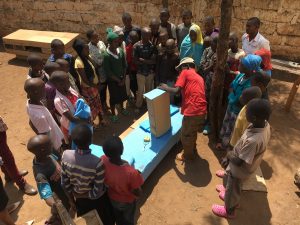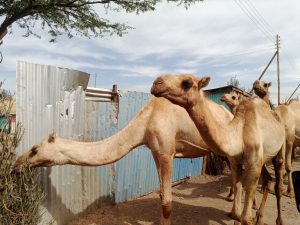
In Isiolo and the northeastern region, below-average rainfall during October and November has caused depleted water resources and hindered crop production. The community is greatly concerned about the deterioration of already below-average pasture and water resources in pastoral areas, making pastoral livelihoods increasingly unviable. The high demand, high inflation rates, and high transportation costs continue to strain pastoralist communities’ everyday survival. As the drought season extends, we are focusing on preventing migration and keeping children in school.
At Pepo La Tumaini we have been co-ordinating 19 self-help groups made up of diverse members from the pastoralist region. Single mothers, grandmothers, people living with HIV and young parents make up the 315 members. In the last few months they have been engaged in small microfinance projects, loan and savings, and therapeutic support groups. These coping strategies are giving vulnerable members of our community hope to sustain themselves by working together. However, challenges include the increasing reliance on market purchases and high staple food prices due to low local availability following successive below-average harvests.
Community-Led Solutions for Preventing Migration and Keeping Children in School
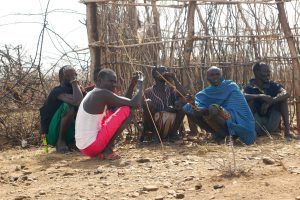
Pastoralists, nomadic by nature are anxious at the prospect of an elongated period of drought. The worry triggered by memories from the past when women and children suffered extreme hunger and starvation, has been driving them to relocate. Our response has been to strengthen our community networks across our centre points by asking the men and women how best to solve the current problems. We have been supporting them to own their own processes of change by offering guidance and supervision.
Through conflict resolution and peace-building meetings, we have enabled the sharing of water sources for the poor and marginalised families in crisis. We have also extended our family feeding programme to include those most severely affected by the drought. While we are aware that food packages bring only temporary relief, in times of crisis such as this, survival becomes a priority. The increased support at household level has helped to enable traditional homesteads to cooperate for shared resources while children stay in school.

